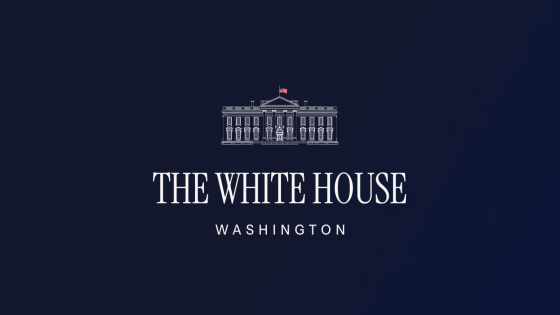On February 23, 2025, Germany‘s far-right party, the Alternative for Germany (AfD), expressed a sense of triumph following recent elections, despite not taking power. The party’s growing support has raised concerns among political analysts regarding its influence on German politics and society.
- Germany's far-right celebrates election success.
- Elon Musk influences German election outcomes.
- AfD party gains support from notable figures.
- Far-right's ambitions for future elections grow.
- Media coverage highlights political shifts in Germany.
The Alternative for Germany (AfD) has been gaining traction in recent years, positioning itself as a significant player in the political arena. Their recent electoral performance indicates a shift in voter sentiment, particularly among those disillusioned with traditional parties. Analysts note that the party’s rise is symptomatic of broader Trends in Europe, where far-right movements have gained ground.
Key details regarding the AfD’s recent election performance include:
- The AfD received a substantial percentage of the vote, reflecting growing public support.
- Prominent figures, including Elon Musk, have been associated with the party, further amplifying its visibility.
- The party’s rhetoric often focuses on nationalism and immigration, resonating with certain voter demographics.
As the AfD continues to gain support, concerns about its impact on Germany’s political discourse are rising. The party’s leadership has expressed ambitions to secure a more dominant position in future elections, suggesting that their influence may extend beyond mere participation. This evolving political landscape poses questions about the future of Germany’s democracy and the potential normalization of far-right ideologies.
The recent electoral success of the AfD highlights a significant shift in German politics, with potential ramifications for the future. As the party seeks to consolidate its position, the implications for both national and European politics remain to be seen.

































